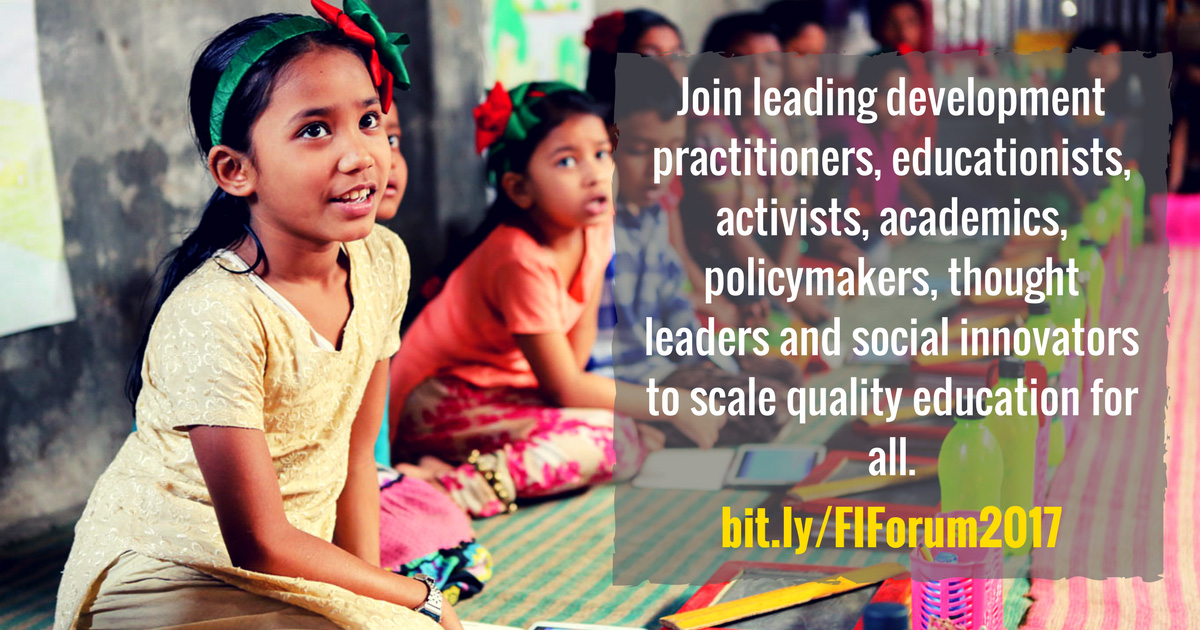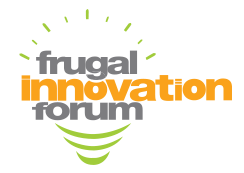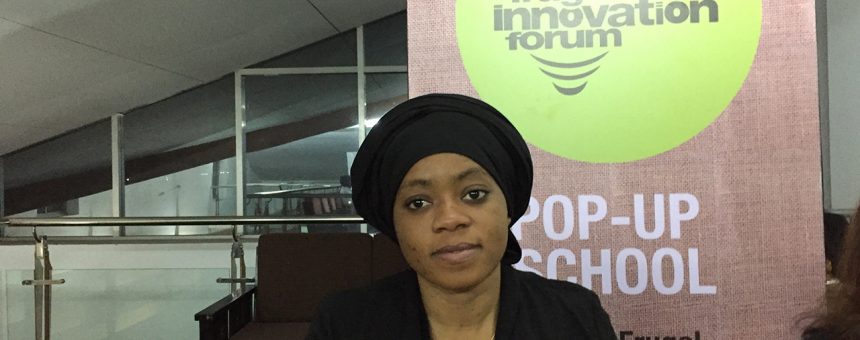UNESCO’s Global Monitoring Report 2018, UNHCR’s report on Refugee Education and Save the Children’s Time to Act report, all highlights how important quality education is for young people around the world who has become refugees or are internally displaced – and we seem not to fulfill their right to education. We have, since 2000 managed to get half of the children out of school into schools, but we have not managed to improve the quality of learning and for young refugees the situation is almost impossible. 2% of young refugees got a higher education in 2018. This is not good enough. We need to find alternative ways of educating youth on the move.
For years we thought that if youth from fragile situations got technical and vocational training, they would be able to get a job and create a sustainable life. It has since been proven wrong. The skills training is not enough, something is missing – and it is this missing link that we need to find. This is even more difficult to find when we consider youth on the move.
The missing link is related to the 21st century skills. The working environment is changing. The time when you had one employment your whole life is gone. The freelance market is growing, and many jobs are advertised on a platform where you offer your skills and where companies advertise short term contracts. As an example, the coding industry works globally and digital platforms for advertising assignments is the new way.
To be able to work in a rapidly changing work environment on short term assignments you need a network. It is via network that you will be recommended for a job. To get a network you need strong social skills and you need skills concerning your rights not to be exploited. Quality education of today is not only literacy and numeracy skills. It is life skills that are composed of a deep understanding of the world’s complexity, the society you live in, knowing your rights and responsibilities as well as a creation of self-esteem. The stronger a young person’s network is, the greater the chance is for them to succeed. For years, development workers and education practitioners has overlooked this missing link.
Technology of today can bring educational knowledge such as literacy and numeracy to refugees, this is only a matter of willingness to finance it. The basic education skills are fundamental for young people to gain more advanced skills and knowledge, that we do know and here we need to improve as well.
But the important development work for young people on the move is to become part of networks. Networks that can strengthen their feeling of belonging, where they feel they have a voice that is being heard and even where they virtually can meet other young people who can support their development. It is possible to gain university degree competencies from open sources on the internet today, if you know where to find it, but it is impossible to get a network as a young person on the move and with no connectivity. It is this connectivity we need to build into any development education programme for youth on the move for them to gain 21st century skills for a sustainable living.
We know the most vulnerable youth are the youth on the move and they are growing in numbers all over the world. Let’s discuss how we strengthen their life skills and ensure they have a network which supports their self-esteem.
 |
Helle Gudmandsen Head of Education and Youth Engagement, Save the Children, Denmark |
.



